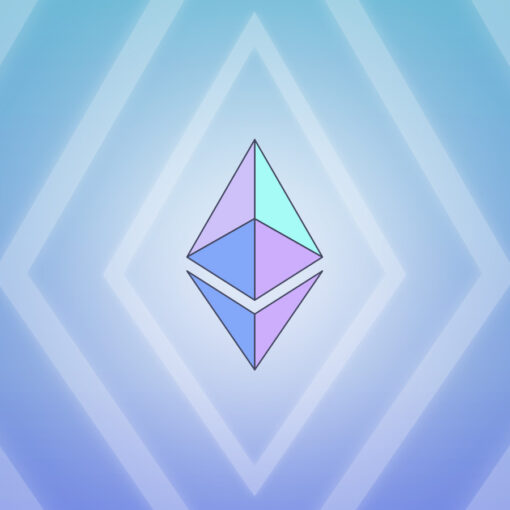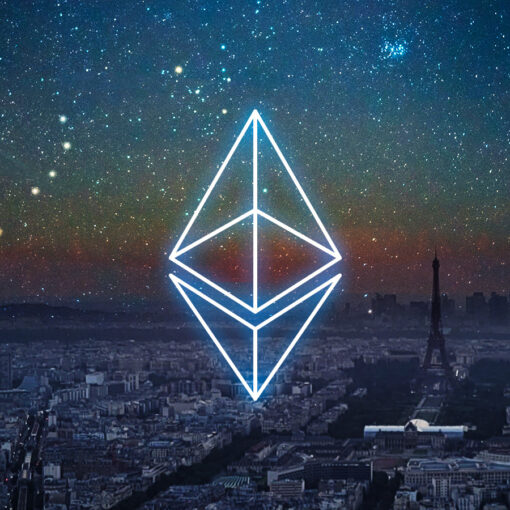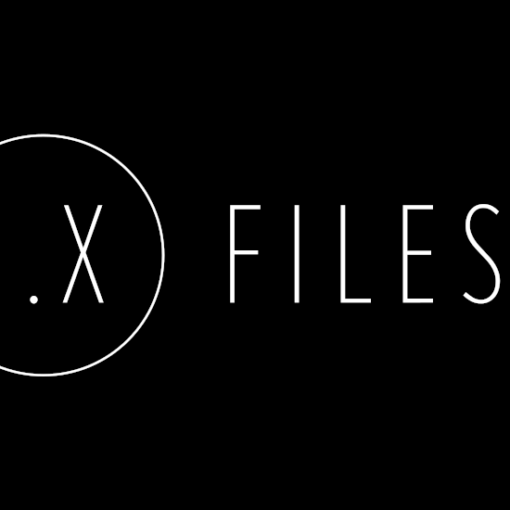[ad_1]

It’s always fun to hear about new grants as they’re awarded, but what happens after the announcement? In this series, we’ll check in on a couple of projects that are well underway – or already at the finish line. Read on to learn about some recent milestones and achievements by grantees!
GSN
GSN (Gas Station Network) provides a decentralized infrastructure for dapp builders to decrease friction in their UX by abstracting away transaction costs. A network of relayers make “collect calls” to paymaster contracts which can implement any logic for gas payment conditions. A dapp developer could choose to cover the cost of gas themselves, allow users to pay gas with a credit card or a token other than ETH, or enable ETH-less withdrawals from stealth addresses. GSN v1 has been live since 2019, but the recent v2 release added a host of new features and improvements including:
- New modular composable architecture giving developers more choice in which parts of the system they need to understand or trust for their specific use case
- More decentralized and censorship-resistant security model
- Wallet UX improvements to make transaction signing more transparent and secure
- Customizable gas griefing mitigations
Follow GSN on Twitter @opengsn to keep up with future progress, or learn more and contribute on Github.
Quadratic Dollar Homepage
The Quadratic Dollar Homepage is inspired by the Million Dollar Homepage, which sold display space by the pixel. Rather than simply selling space, the Quadratic Dollar Homepage (QDH) lets users determine the relative scale of images on the page using two experimental blockchain voting mechanisms:
- Quadratic voting allows voters to indicate not only their preferences between a set of options, but the strength of those preferences. On QDH, holders of MOON, BRICK or POAP tokens can cast as many votes as they have tokens, distributed between the images on the page in whatever way they choose.
- Minimal Anti-Collusion Infrastructure (MACI) discourages bribery by making it impossible to verify how a user has voted. QDH accomplishes this by giving the user an “I’m being bribed” option when signing the vote transaction. This causes the transaction to be sent with an incorrect nonce, invalidating the vote. The user can then change their signing key to submit a second, valid vote.
Grantee Raman Shalupau has recently completed his funded work on the QDH user interface, MACI smart contracts and documentation. For a more in-depth look at how QDH works, this demo a provides a video walk-through of both the web interface and the back end components. You can find Raman Shalupau on Twitter @ksaitor, or contribute to Quadratic Dollar Homepage on Github.
Are you working on something you think could change Ethereum for the better? Head to our grants page to learn more about what we look for in the projects we fund.
[ad_2]
Source link






 Bitcoin
Bitcoin  Tether
Tether  XRP
XRP  USDC
USDC  Lido Staked Ether
Lido Staked Ether  Dogecoin
Dogecoin  LEO Token
LEO Token